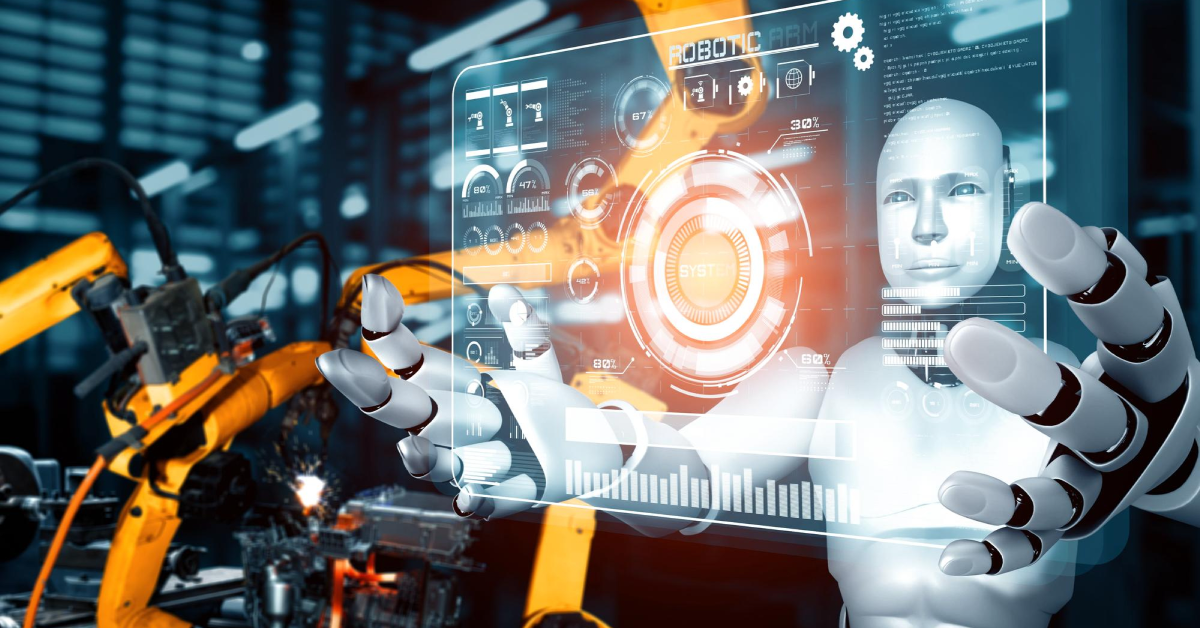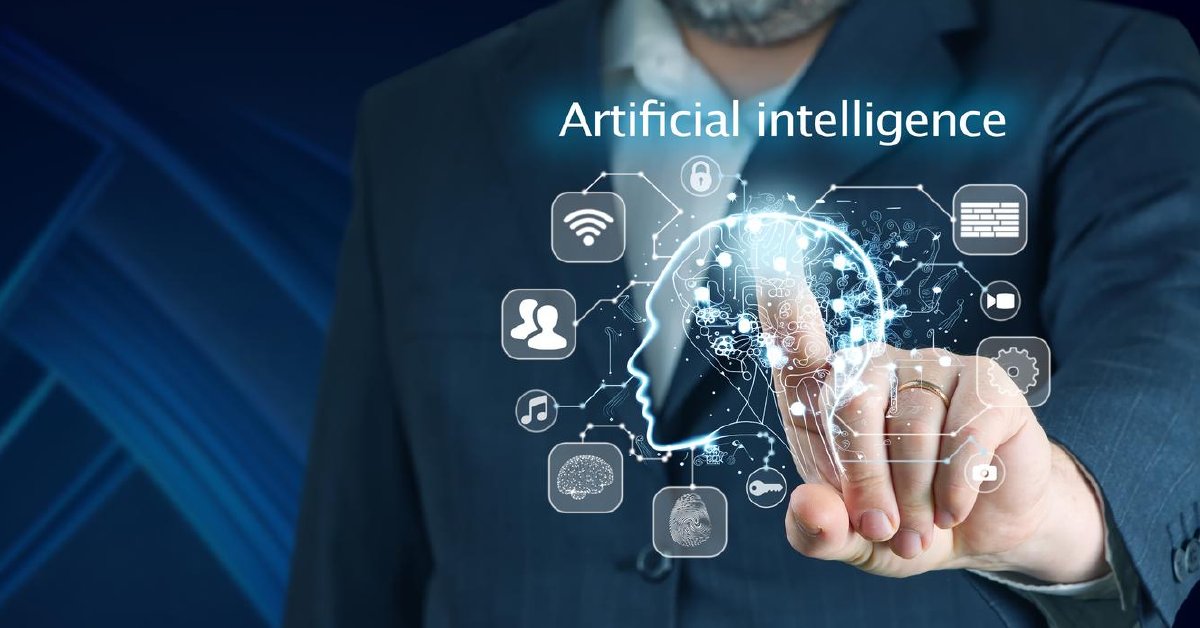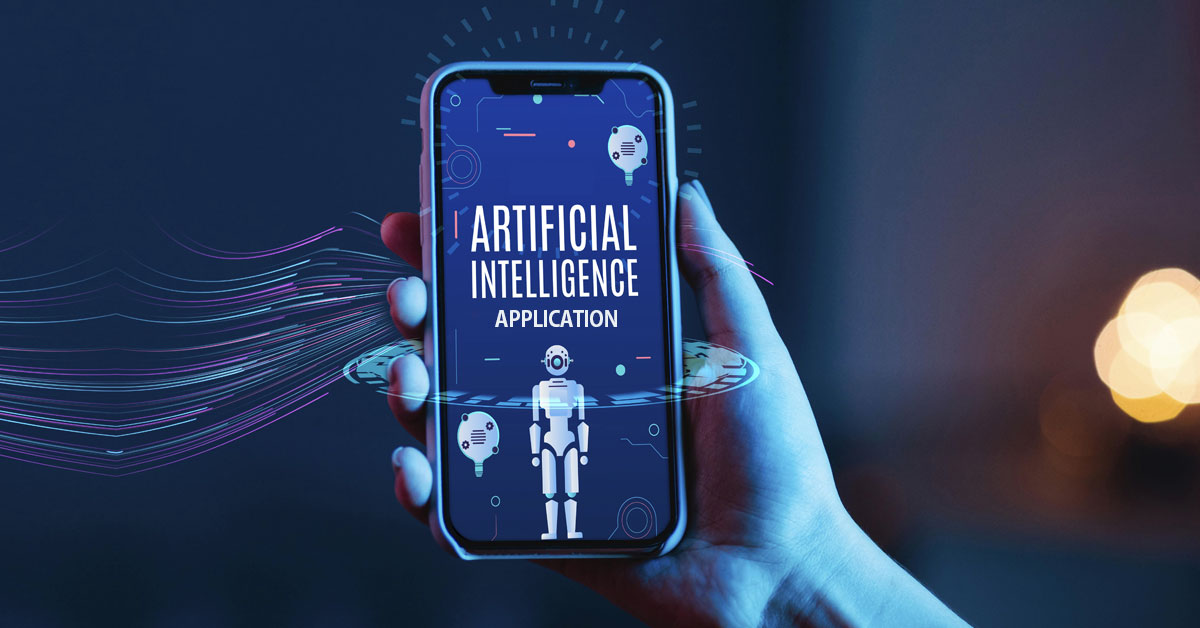Smart Categorization: How AI is Redefining Contextual Analysis

6 min read
Artificial Intelligence (AI) is setting new standards in digital transformation. It provides solutions that improve our understanding of intricate data sets while streamlining procedures. AI has many uses, but one that sticks out is in contextual analysis. This helps to create more advanced and intelligent system responses. This blog examines how AI systems are changing the field of contextual analysis through contextual AI and AI-powered applications, illuminating the contextual side of intelligence and its ramifications.
What is Contextual Analysis in Artificial Intelligence?
In artificial intelligence, contextual analysis is the process by which systems analyze data not in isolation but about other data. Using this method, AI/ML algorithms can extract meaning from data that isn’t immediately clear from a piece of data. Contextual Artificial Intelligence uses a variety of data sources, such as user behavior, textual content, and environmental factors, to ensure that AI-powered products provide solutions that are pertinent to the given situation.
What is the Contextual Aspect of Intelligence?
The ability of AI systems to understand and assess data within the context of its relevant environment is referred to as the contextual element of intelligence. This skill is essential for a deeper level of data interpretation and allows AI to replicate human cognitive processes through connections and inferences; these skill intelligence (AI) systems may perform tasks like language translation and personalized content recommendations with greater precision by integrating contextual intelligence.
How Can We Advance Beyond Traditional Analysis?
AI and ML solutions with contextual AI capabilities are breaking new ground in data interpretation, going beyond the domain of traditional data analysis. Conventional techniques, which are frequently constrained and linear, need to appreciate the complexity of data and miss essential nuances that give it depth and meaning. It fills this gap by demonstrating its ability to understand the subtle relationships between disparate data elements. In doing so, deep and valuable insights can be obtained from AI-driven analysis that peels back intricate layers of context.
Numerous opportunities span numerous industries thanks to this paradigm change made possible by contextual AI. For example, it allows businesses to use market research to decipher customer behavior and preferences with never-before-seen accuracy. And allowing them to customize goods and services to meet changing demands. This innovative method also helps sentiment analysis, allowing companies to measure public opinion with previously unachievable accuracy. This results in more successful marketing campaigns and brand positioning. Additionally, it has the potential to significantly improve customer happiness and loyalty in customer service by personalizing interactions and streamlining the delivery of services. This advanced degree of analysis has ushered in an era of increased insight and efficiency. And driving the industry toward novel solutions and better-informed decision-making.
The Role of Generative AI in Contextual Analysis:
Beyond the fields that conventional AI has often studied, generative AI plays a massive role in contextual analysis. At the forefront of artificial intelligence advancements, Gen AI is radically altering the field of contextual analysis. This innovative technology anticipates outcomes, suggests practical solutions, and creates content that personally speaks to users’ needs and tastes by generating new data instances that reflect preexisting patterns.
A process like this helps improve the accuracy of contextual analysis by ensuring the results are firmly tied to the particular context of each job or query, in addition to being relevant. Moreover, generative AI has made a significant contribution to the fields of problem-solving and content production. It opens doors for developing original concepts and solutions and promotes an innovative and creative culture. This entails providing specialized experiences and solutions that satisfy their audience’s changing expectations for marketing and customer service sectors.
Put, generative AI pushes the limits of contextual analysis and opens up new avenues for a more dynamic, personalized, and nuanced way of knowing and working with data. This establishes an innovative standard for using intelligent technology in decision-making processes. And represents a significant advancement in AI systems’ ability to understand and adjust to the complex web of human requirements and preferences.
Challenges and Opportunities:
There are several opportunities and problems in integrating contextual intelligence into AI systems. On the one hand, adding this advanced knowledge significantly improves AI’s capacity for more precise and nuanced decision-making, which creates a wealth of opportunities for innovation in various industries. It allows more intelligent, responsive AI apps, more advanced data processing, and personalized user experiences. But there are some challenges along this route.
One of the main obstacles is the major problem of data privacy. The risk of violating personal privacy increases when AI systems analyze and forecast user behavior by deeply exploring contextual data. Furthermore, understanding large amounts of complicated data is complex and requires a lot of processing power and advanced algorithms. The possibility of bias in AI systems is an important issue. These systems can reinforce or magnify biases found in the data they learn from, which could result in unjust or discriminating conclusions.
Even with these difficulties, the future looks bright. The ongoing development of ethical AI frameworks and AI and machine learning technological developments rigorously addresses these concerns. Artificial intelligence (AI) systems are becoming more open, responsible, and impartial by data processing, analysis, and utilization advancements. The development of AI technology, influenced by ongoing AI developments, is steered by ethical AI frameworks designed to promote justice and respect for user privacy. When taken as a whole, these developments are both reducing the difficulties and increasing the potential. And providing a solid platform for developing future AI-powered, more dependable, fair, and significant solutions. Incorporating contextual knowledge into artificial intelligence is evidence of the dynamic nature of technology advancement, where each obstacle overcome leads to new avenues for creativity and opportunity.
The Transformative Power of Contextual AI:
We are experiencing a fundamental change toward more intelligent and intuitive digital experiences due to Contextual AI’s innovative impact. Contextual analysis allows AI systems to provide previously unthinkable levels of insight and precision. Due to the advancement of AI, real-world circumstances may now be better understood, leading to more precise and more relevant replies. And solutions that are customized to meet the needs of each individual.
The potential of artificial intelligence (AI) seems endless as we navigate this new era, driven by inventive advances in generative AI, powerful AI-powered tools, and the seamless integration of contextual information. This convergence makes AI applications more effective and efficient and creates new opportunities for creativity and personalization in various fields. Contextual artificial intelligence has a significant and wide-ranging impact on multiple industries, including healthcare (where AI can provide individualized patient care plans) and the creative industries (where generative AI is changing content production).
Contextual AI is really an advancement that will expand the limits of artificial intelligence rather than merely an improvement over current technology. These technologies promise to usher in a future where artificial intelligence’s contextual awareness changes how humans interact with machines and how we imagine the potential of technology itself as it develops and converges.
Conclusion:
The advent of contextual AI is evidence of the never-ending search for improved, human-like technical solutions in the ever-changing field of artificial intelligence. “Smart Categorization: How AI is Redefining Contextual Analysis” emphasizes the enormous possibilities and obstacles that lie ahead, in addition to highlighting the critical role that AI plays in improving contextual comprehension. As we approach discoveries and uses, the development of artificial intelligence (AI), especially in contextual analysis. And holds the potential to completely transform how humans engage with technology and make it more efficient, individualized, and intuitive.
At Pranathi Software Services, we dedicate ourselves to leading this transformation. We provide solutions that not only tackle today’s problems but are also engineered to keep up with future developments by utilizing the most recent developments in AI/ML technologies, such as generative AI and contextual artificial intelligence. Our proficiency in creating artificial intelligence-driven solutions ensures that companies in diverse sectors may leverage the innovative potential of contextual artificial intelligence, propelling creativity, expansion, and a competitive edge in a world that is becoming increasingly digital.
As we continue to explore the limitless potential of artificial intelligence, Pranathi Software Services ensures that our clients can confidently manage the challenges of the digital age through advanced AI-driven solutions that redefine the boundaries of contextual analysis and beyond.
FAQ:
1. What makes contextual AI different from traditional AI?
Contextual AI surpasses traditional AI by interpreting data within its surrounding context, offering insights and responses that are significantly more nuanced and tailored to specific scenarios.
2. How does generative AI contribute to contextual analysis?
Generative AI enhances contextual analysis by creating new data instances that reflect existing patterns. This enables more accurate predictions, personalized solutions, and innovative content that aligns with user preferences.
3. What are the main challenges in integrating contextual intelligence into AI systems?
Key challenges include ensuring data privacy, managing the complexity of data interpretation, and minimizing bias within AI systems to deliver fair and equitable solutions.
4. How can businesses leverage the power of contextual AI?
Businesses can leverage contextual AI to provide personalized customer experiences, make more informed decisions based on nuanced data analysis, and innovate through AI-driven solutions. Pranathi Software Services excels at these services.
5. What does the future hold for contextual AI and its applications?
The future of contextual AI is bright, with continuous advancements expected to expand its applications across more sectors, further enhancing the accuracy, relevance, and personalization of AI-driven interactions and solutions.
Published: April 26th, 2024





